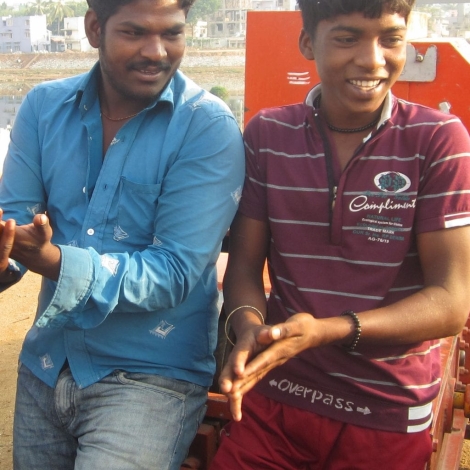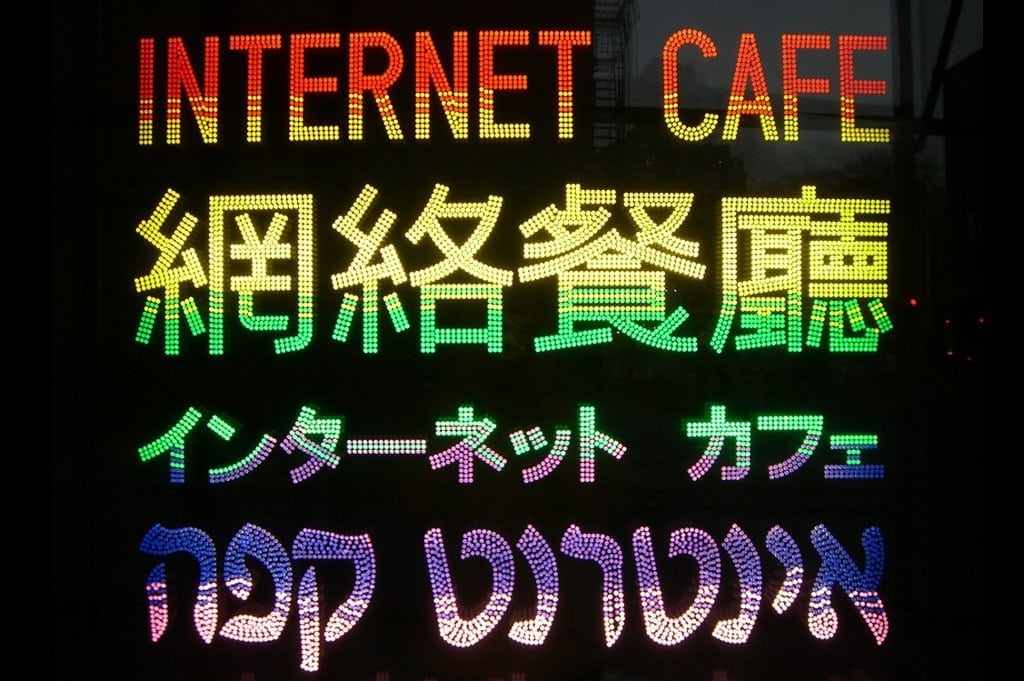When it came to Water, Sanitation and Hygiene (WASH), growing up in India, I had two opposite scenarios in my two sets of grandparents homes. My paternal grandmother never turned the tap off, while doing the dishes. She simply let the water flow, even if it was just a little trickle (according to her). This used to irk my mother, and she complained under her breath, urging my grandmother to turn the tap off. On the other hand, in my maternal grandparents’ home, I never saw them use soap to wash their hands, even after using the toilet! My maternal grandparents always used ashes from the burned firewood or mud to clean their hands. This could be very confusing in a toddler’s eyes. My own adoptee grandparent did not condone either practice. From him I learned the habit of washing hands with soap, and keeping the tap off while rubbing the soap.
Why am I going down the memory lane now? That little practice from my childhood speaks volumes about the need for behavioral change in ithe time of COIVD-19 and afterward. Awareness is necsesary in developed countries to save water, and in developing countries to wash hands with soap rather than sand, ash or mud.
The outlook
One in three people (approximately 2.2 billion) still lack safe drinking water, 4.2 billion do not have access to safely managed sanitation services, and 829,000 people die annually from unsafe water, and related sanitation and hygiene around the world.
Frequent handwashing is a challenge in India, where only one-fifth of all households out of 1.3 billion have running water. Major health organizations and experts advise washing hands more frequently – for at least 20 seconds – to prevent outbreaks. However, expecting communities, living in water scarce areas, to wash their hands 8-10 times a day is unreasonable. This is a common scenario for most in sub-Saharan African countries too, where 75 percent of people living in rural areas lack adequate facilities for handwashing. Clean water and good hygiene are the absolute minimum necessary to combat the spread of the new coronavirus. But in sub-Saharan Africa, the World Bank reported that around 75 percent of people living in rural areas live in homes that lack adequate facilities for handwashing.
A report released last year by the WHO and UNICEF found that as of 2017, 3 billion people worldwide, or 40 percent of the global population, lacked basic facilities at home to wash their hands with soap and water. More than 670 million people were still defecating in the open, and another 700 million were using unimproved, unsanitary facilities. All this and more is only part of the problem, according to a recent article by WRI. Nearly 1 billion people experience only partial access or regular shutoffs, even when they do have piped water, making frequent handwashing difficult or impossible, states the article.
Solutions to speed up WASH access
- Engineering for Change’s Solutions Library: E4C’s database features a number of safe handwashing products and services such as the Tippytap. These solutions make setting up handwashing stations in the hardest to reach communities easy. They are market tested, and can provide low- to no-cost options to areas, even where soap is considered a luxury item.
- Financing the gap: As the global WASH community races towards 2030 to meet SDG 6 (Clean Water and Sanitation for All), new sources of finance and better use of existing ones for WASH projects are essential. A range of financing approaches can help address the diverse needs between and within countries, as well as incorporate measures that bolster resilience as illustrated in this article from New Security Beat, Wilson Center’s blog.
- Providing WASH collectively to the communities in need: Separating water supply from sanitation services will push us back many years. Equitable distribution of water and sanitation services for communities, agriculture and industries willhelp combat COVID-19 and prepare for future events.
- Affordable WASH for all: “For many communities, especially in subsistence economies (farming and related occupations), affordable might even mean ‘free,'” Leo Heller, the United Nations’ Special Rapporteur on the human rights to safe drinking water and sanitation said in a recent RWSN’s webinar. “This affordability is especially imperative now, in the time of COVID-19, so that these communities can spend their limited resources to buy basics such as food, medicines and soap,” Mr. Heller says.
Fifty years of action
A combination of all the above along with a global consensus on speeding the delivery of much-needed resources would go a long way in creating resilient communities. April 22, 2020, marks 50 years of commemorating Earth Day. In that time nations have coalesced around policy and technology that reduced acid rain and depletion of the ozone layer, and institutions have launched to conserve land and wildlife, improve the air, clean the oceans and lay foundations for mitigating climate change. As a planet, we have been solving problems in the inequitable distribution and degradation of natural resources for 50 years. We are more than capable of doing it now, as we work together to meet the UN SDG 2030 Agenda for all and leave no one behind.

